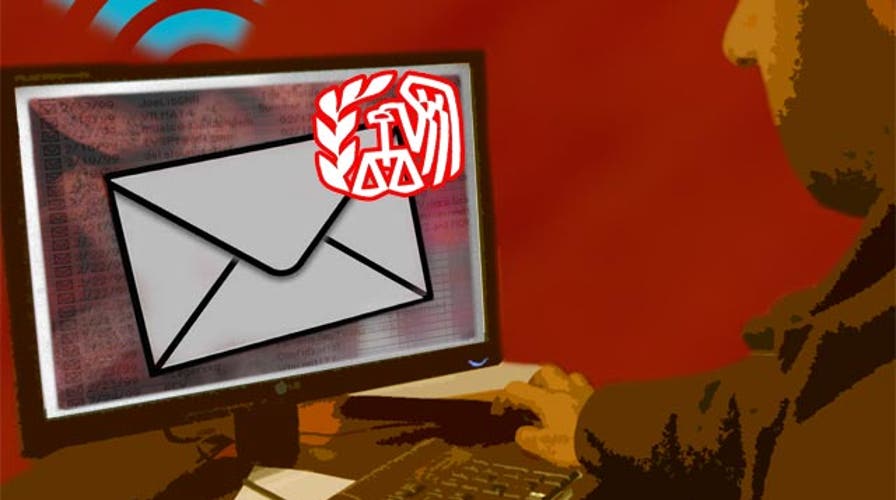With less than three days to go before federal taxes are due, the Internal Revenue Service is denying claims that it wants to snoop on taxpayers by reading their emails and monitoring other forms of electronic communication without a warrant.
“Respecting taxpayer rights and taxpayer privacy are cornerstone principles for the IRS,” the agency said in a statement. “Our job is to administer the nation’s tax laws, and we do so in a way that follows the law and treats taxpayers with respect.”
It continued: “Contrary to some suggestions, the IRS does not use emails to target taxpayers. Any suggestion to the contrary is wrong."
The statement comes after the American Civil Liberties Union said this week that internal documents obtained through a Freedom of Information Act request revealed that agents were told they didn’t need a warrant to root through emails, texts or Facebook pages of people it is investigating. The ACLU and other privacy groups disagreed with that rationale and say by bypassing warrants, the Tax Man is violating the Fourth Amendment.
According to a 2009 IRS employee handbook, the tax agency says the Fourth Amendment does not protect emails because Internet users don’t “have a reasonable expectation of privacy in such communications.”
A lawyer for the agency reiterated the policy in 2010. And despite the IRS' latest statement, the current online version of the IRS manual says that no warrant is required for emails that are stored by an Internet storage provider for more than 180 days.
One Washington lawmaker said the problem is that the Electronic Communications Privacy Act -- the statute that polices law enforcement access to emails – is outdated and needs to be rewritten.
"This is an affront not only to our system of checks and balances, but also to our fundamental right to privacy," Colorado Democratic Sen. Mark Udall said in a statement Thursday.
Udall said he wants to beef up bipartisan support to overturn the ECPA. “In the meantime, I urge the IRS to reconsider its overreach,” he said.
According to the current law, opened emailed and email older than six months does not require a warrant. Email that hasn’t been opened or is less than six months old does.
ACLU lawyer Nathan Wessler said his group will continue to its push to force the IRS to get permission before it looks at any electronic correspondence.
“The IRS should tell the public whether it always gets a warrant to access email and other private communications in the course of criminal investigations. And if the agency does not get a warrant, it should change its policy to always require one,” Wessler wrote.





